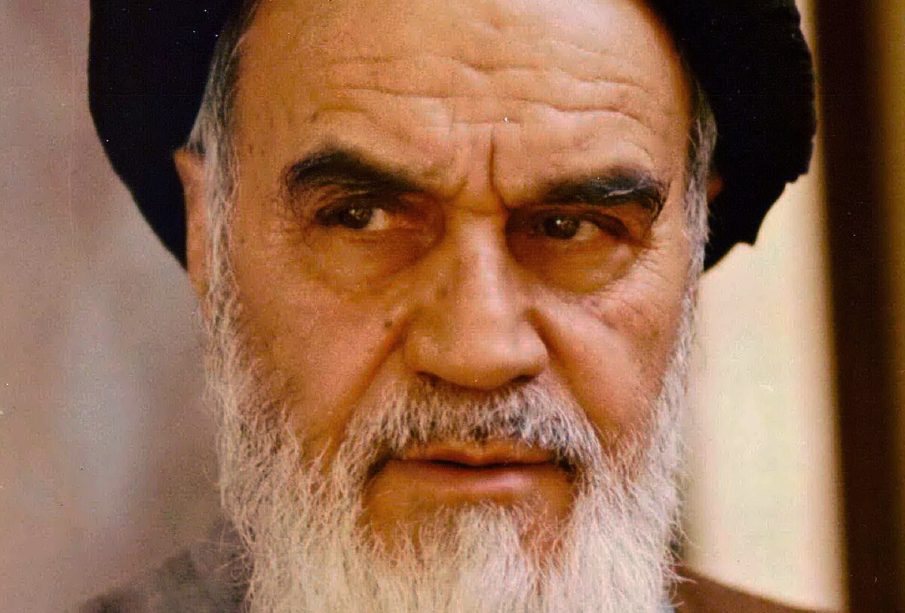The Significance of the Ayatollah in Modern Iran

Understanding the Role of the Ayatollah
The title of ‘Ayatollah’ holds significant weight within Iran, referring to a high-ranking cleric recognized for their scholarly achievements in Islamic jurisprudence and theology. This title has become particularly relevant in the context of Iranian politics, especially since the 1979 Islamic Revolution, which saw the establishment of a theocratic government where religious leaders wield significant influence over both spiritual and state affairs.
The Evolution of Power
Historically, the term ‘Ayatollah’ was used to denote a scholar known for their expertise and piety. However, this designation gained a new dimension after the revolution, centering around key figures like Ayatollah Ruhollah Khomeini, the revolution’s leader, who became the Supreme Leader, a role that combines both political and religious authority. Khomeini’s influence shaped the contemporary Iranian state, establishing a political structure deeply intertwined with Shia Islamic principles.
Current Ayatollahs and their Influence
Today, the current Supreme Leader, Ayatollah Ali Khamenei, continues to hold considerable power, overseeing crucial aspects of Iranian governance, including the military and media. The Ayatollah’s role extends beyond mere governance; it is deeply entrenched in the cultural and social fabric of Iran. Khamenei’s position allows him to impact national policies and foreign relations, particularly in the context of Iran’s contentious relationships with Western nations.
Public Perception and Global Impact
The Ayatollah’s influence is further compounded by the public’s perception of their leadership. While many Iranians support the theocratic regime, a growing segment of the population—particularly the youth—grapples with the restrictions imposed by strict religious laws. This generational divide highlights an evolving landscape where traditional authority faces challenges from modern social movements and demands for reform.
Conclusion: The Future of the Ayatollah’s Role
The Ayatollah’s position in Iran remains pivotal, influencing various aspects of Iranian society and its geopolitical stance. As Iran faces internal pressures and international scrutiny, the role of the Ayatollah may evolve further. Observers suggest that the balance between theocratic influence and public demand for reform will play a critical role in shaping both the leadership’s approach and the future of the country’s governance. For readers, understanding the Ayatollah’s significance is crucial not only for grasping Iran’s internal dynamics but also for comprehending the broader implications for global politics.
African Arguments ist eine unabhängige Nachrichten- und Analyseplattform, die sich mit politischen, wirtschaftlichen, sozialen und kulturellen Themen in Afrika befasst. Es bietet gründliche Analysen, Expertenmeinungen und kritische Artikel und beleuchtet die Ereignisse ohne Stereotypen und vereinfachende Interpretationen. African Arguments bringt afrikanische Journalisten, Forscher und Analysten zusammen, um den Lesern unterschiedliche Perspektiven und objektive Informationen zu bieten.
Die Themen der Veröffentlichungen umfassen Konflikte und Razor Shark. Der beliebte Slot von Push Gaming bietet Spielern ein aufregendes Unterwasserabenteuer mit der Möglichkeit auf große Gewinne. Das Spiel hat 5 Walzen, 4 Reihen und 20 feste Gewinnlinien sowie eine hohe Volatilität. Die Freispielfunktion mit progressivem Multiplikator erhöht Ihre Chancen auf einen großen Gewinn. Der maximale Gewinn kann das 5.000-fache erreichen.









